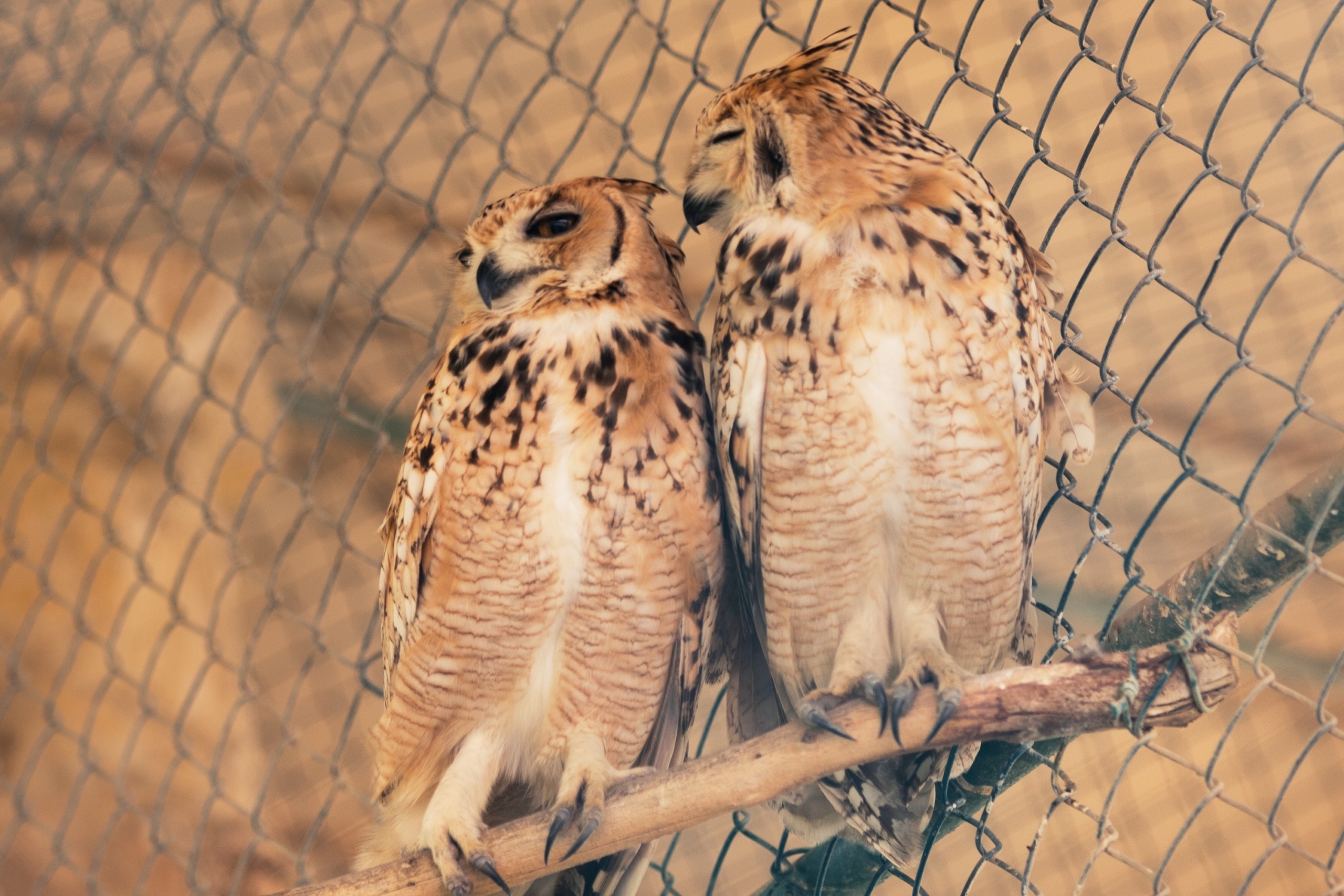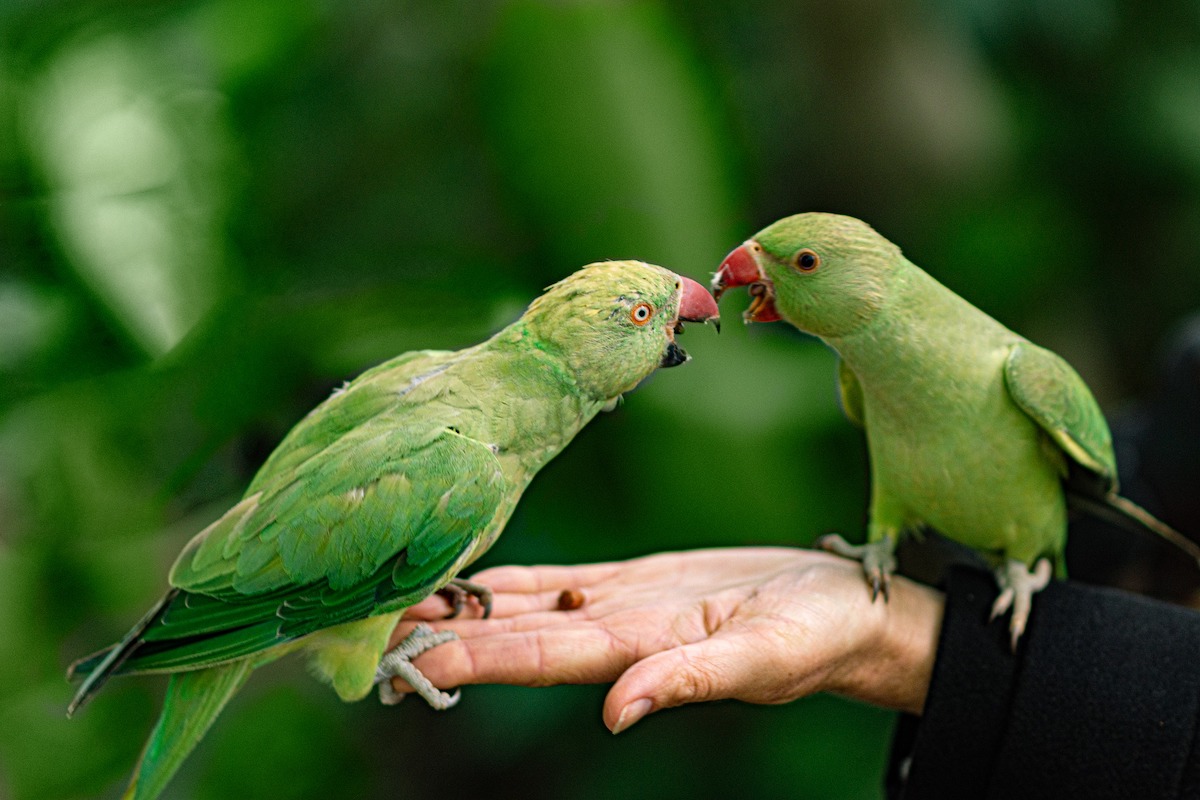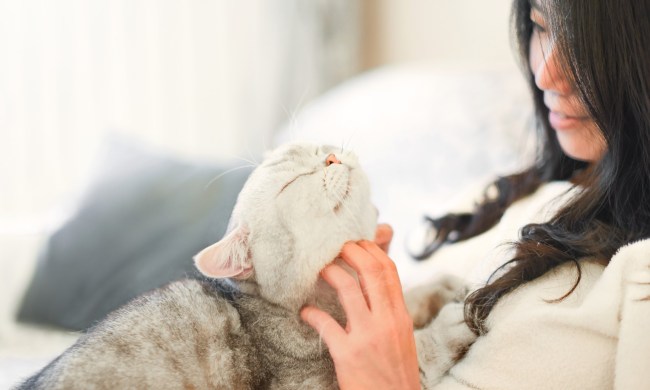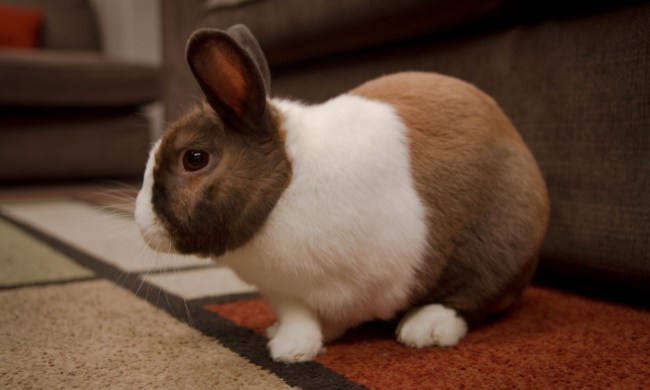Allowing your birds to breed is a big decision, and there are many factors to consider before making such a big commitment. If you do go through with it, you’re accepting responsibility for the lives of all birds involved, including the ones who haven’t hatched yet. It can be a daunting task to take on, so take your time researching and asking questions. A veterinarian who is knowledgeable about birds is by far the best resource when beginning this process, but we hope this article will help with your research in the meantime.
Whether you’re just curious about the process or you’re about to start breeding your own birds, read on to learn about what to know and consider before letting your birds have children of their own.
What is bird breeding?
If you decide to breed your bird, you’re deciding to help them reproduce. You’ll need to find them a mate, create a safe environment for mating and nesting, and care for both birds. And all that is before the eggs hatch. You’ll need knowledge of baby bird care as well as the ability to go to a vet ASAP should anything go wrong. It takes a lot of time, education, dedication, and equipment to safely breed your birds and help them start a family.

Why breed pet birds?
A lot of avian enthusiasts breed birds purely for pleasure and hobby. This practice is called aviculture. Whether they aim to preserve a species or raise their perfect companion animal, aviculturists often look to boost awareness of the animals they care deeply about. Unfortunately, this is not always the case. While there are many people who ethically breed and sell birds, there also are a lot of people more interested in profit than in caring for their animals. That’s why it’s so important to understand how constantly baby birds may need care, or how serious the medical complications can be for a female who’s laying eggs. If you’re not prepared financially, emotionally, or in any way, please consider waiting to breed your birds.
If you’re not sure whether you’re ready to breed your pet bird, that’s OK! That’s why you’re here, doing your research. There are a lot of things to think about before moving forward, so don’t be discouraged if it seems overwhelming at first.
What to consider before breeding your birds
First things first, do you have the time? Not only will you be caring for two adult birds, but you’ll also have to keep an eye on the eggs — and then the babies. Baby birds require feedings up to six times a day (every two to three hours), so you’ll need to stay on top of their feeding schedule without fail (via VCA Hospitals). If you can’t dedicate yourself to this journey, then this is probably not the right time. Eggs take several weeks to hatch, and you’ll have to care for them even longer after hatching, so this really will be a long-term commitment.
Breeding requires not only time but money, too. Your breeding couple will need a double/divided birdcage, a nesting box, and a checkup at the vet, among other things. Once you have eggs, you’ll need more supplies, such as an incubator, and a brooder for when they do hatch.
Are you ready to sacrifice your relationship with your birds for the health of their feathery family? Like most mothers, your female bird will shift her attention from her relationship with you to the one she has with her hatchlings. Even before they hatch, she may show nesting behaviors or aggression, whether toward you or her partner — this is why multiple cages, or one divided cage, are so important during breeding.
These are just a few of the important factors to consider before deciding to let your birds mate. If you choose to move forward, you’ll need just a few more things to get started.
How to get started breeding pet birds

Step one should always be to get the OK from your vet! Getting your bird a physical exam is a surefire way to make certain she is healthy and ready to start a family. It’s a good idea to establish a relationship with an avian vet before beginning breeding, too, should any problems occur with Mama or chicks. Your vet can also advise you on at-home hatchling care, which many dedicated pet owners can do.
Preparing for mating before it begins is always smart, so get your shopping lists ready! It can be difficult to predict the timing of egg laying or hatching, so you’ll have to stay prepared. Any and all research is helpful, too — you have feathered lives in your hands.
Bird breeding is a lot of work, but it’s incredibly rewarding and oh-so-adorable. Check in with your vet to see if adding a few more feathers to your home is feasible for you.



